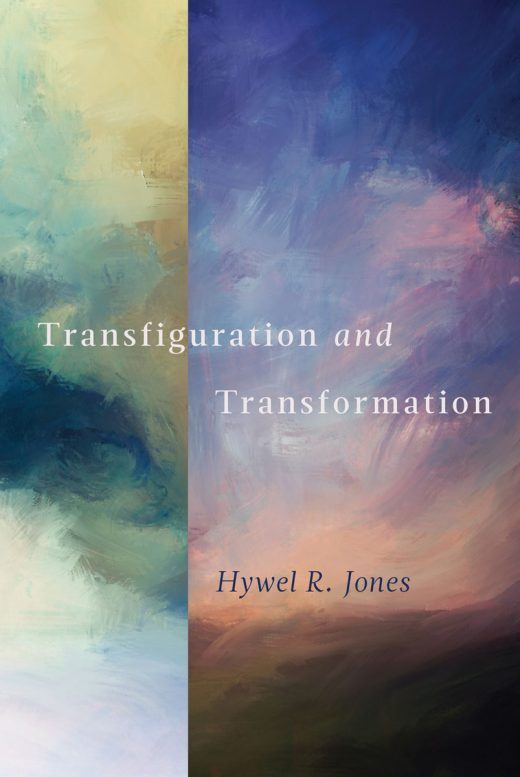Banner of Truth
Transfiguration and Transformation
Transfiguration and Transformation
Couldn't load pickup availability
Our Bibles consistently use the noun ‘Transfiguration’ with regard to Jesus but ‘Transformation’ with regard to the Christian – and yet it is one and the same verb, transliterated ‘metamorphosed,’ that is used in those places in the original text. Why is that so? Is there an important difference between them? And why does the noun ‘metamorphosis’ which is familiar to us never occur in the New Testament? And yet is there some connection between the Transfiguration of Jesus and the Transformation of the Christian?
Hywel R. Jones presents answers to these questions in this book. In the course of doing so he shows how the divine can penetrate the human without destroying it as in the Person of Christ, and how the human can become conformed to the divine without its ceasing to be human as in the case of the Christian. That kind of metamorphosis accords and exalts the Christian gospel over against the humanism of our culture, whether secularised or spiritualised.
There is a distinction between God and Man which will never be obliterated but preserved for ever – even in the glorified Christ in whom they are joined. But communion between the God-Man and his believing people will result in each Christian being fully conformed to the perfect humanity of Christ while retaining his or her own individuality. It will not result in a faceless absorption into the divine but face to face communion with the triune God for ever.
‘The transfiguration of Christ shows how the divine can penetrate the human without destroying it. The transformation of the believer shows how the human can become conformed to the divine without its ceasing to be human. This is the ultimate metamorphosis that is compatible with Christian truth.’ — HYWEL R. JONES
- Hardcover
- 224 pages
- 9781800400870
- November 2021


